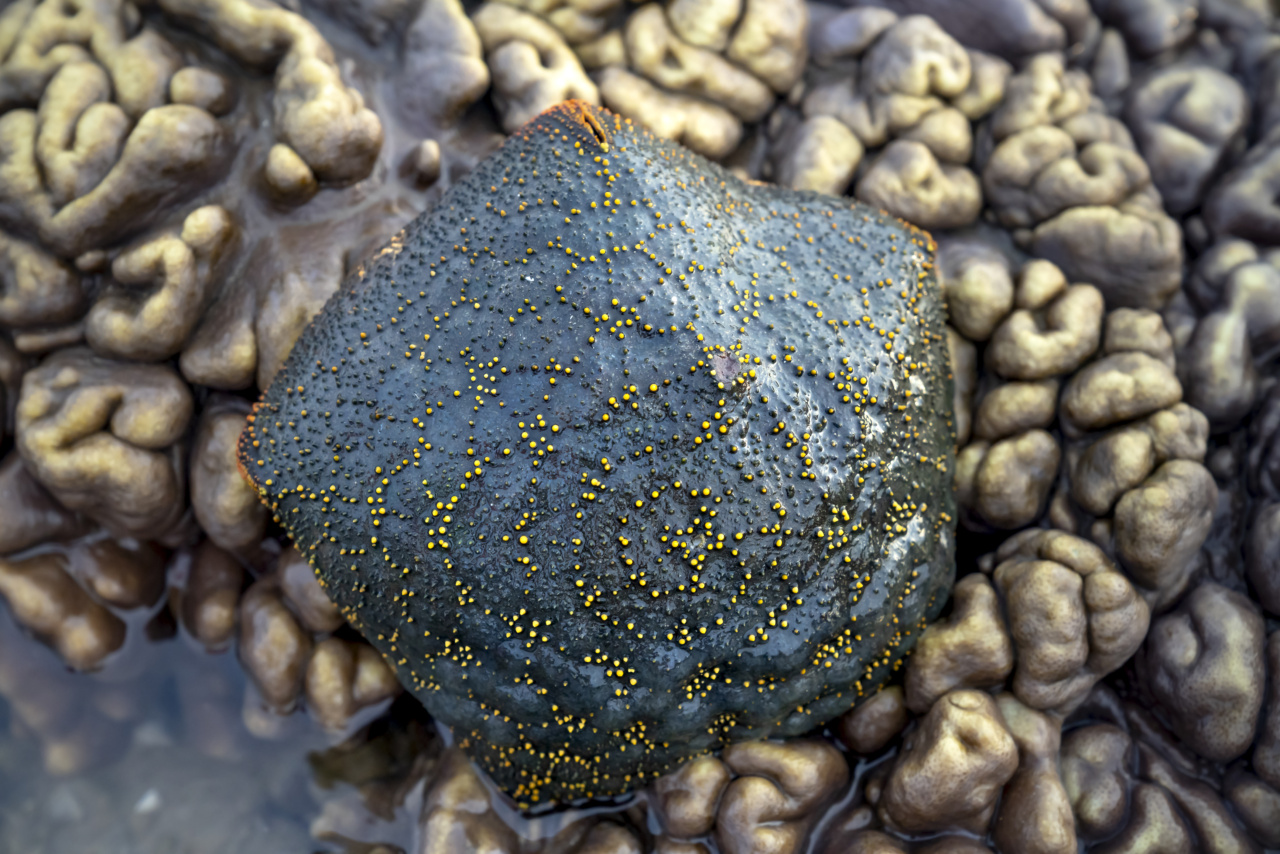Life events can have a profound impact on the functioning and development of the human brain. The brain is a highly adaptable organ that constantly changes and rewires itself in response to experiences, including major life events.
From birth to old age, our brains are shaped by various events and interactions, influencing our cognitive abilities, emotional responses, and overall mental health.
1. Early Life Experiences
The early years of life are crucial for brain development. During this period, the brain undergoes rapid changes and is highly sensitive to environmental influences.
Positive experiences, such as nurturing and responsive caregiving, help build strong neural connections and support healthy brain development. Conversely, adverse experiences, such as neglect or abuse, can lead to disruptions in brain circuitry and impact cognitive, emotional, and social functioning.
2. Education and Learning
Education and learning play a significant role in shaping brain function throughout our lives. Formal education stimulates the brain, promoting the growth of new neural connections and strengthening existing ones.
The learning process involves various cognitive functions, such as attention, memory, and problem-solving, which are all shaped and refined through educational experiences. Lifelong learning also helps maintain brain health and cognitive function as we age.
3. Traumatic Events
Experiencing traumatic events can profoundly affect brain function. Trauma triggers a physiological stress response, releasing stress hormones that impact the brain.
The amygdala, a key brain region involved in emotional processing, becomes hyperactive, leading to heightened fear and anxiety responses. Trauma can also impair memory consolidation and alter the structure and connectivity of brain regions involved in emotional regulation, potentially leading to conditions such as post-traumatic stress disorder (PTSD).
4. Social Interactions and Relationships
Human brains are wired for social connection, and our interactions with others shape brain function. Positive social experiences, such as supportive relationships and strong social networks, promote well-being and enhance brain health.
Social interactions activate areas of the brain associated with empathy, reward, and stress regulation. In contrast, social isolation and loneliness can have detrimental effects on brain health, increasing the risk of conditions such as depression and cognitive decline.
5. Aging and Brain Function
As we age, our brains naturally undergo changes that can affect cognitive function. The aging process is associated with a decline in certain cognitive abilities, such as processing speed and memory.
However, engaging in mentally stimulating activities, maintaining social connections, and adopting a healthy lifestyle can help mitigate age-related cognitive decline. Regular mental exercise, such as puzzles or learning new skills, promotes neuroplasticity and supports brain health into old age.
6. Physical Exercise and Brain Health
Physical exercise has numerous benefits for brain function and overall mental health. Exercise increases blood flow to the brain, delivering oxygen and nutrients necessary for optimal brain function.
It also stimulates the release of growth factors that promote the growth of new neurons and enhance synaptic plasticity. Regular exercise has been linked to improved cognitive function, enhanced memory, and reduced risk of neurodegenerative diseases such as Alzheimer’s.
7. Environmental Enrichment
The environment in which we live plays a crucial role in shaping brain function. Enriched environments, which provide a variety of stimulating experiences, have been shown to promote brain plasticity and enhance cognitive function.
Environments that offer opportunities for exploration, learning, and social interaction can lead to the growth of new neuronal connections and increased synaptic plasticity.
8. Substance Abuse and Addiction
Substance abuse can have detrimental effects on brain function and structure. Drugs and alcohol alter the brain’s reward pathway, leading to addiction.
Prolonged substance abuse can cause neurochemical imbalances and impair cognitive function, memory, and decision-making abilities. Addiction is a complex brain disorder that involves changes in multiple brain regions and circuitry, making it challenging to overcome without proper treatment and support.
9. Mindfulness and Meditation
Mindfulness and meditation practices have shown promising effects on brain function and mental well-being. Regular mindfulness practice can increase activity in brain regions associated with attention, emotional regulation, and empathy.
It has been linked to reduced stress, improved cognitive function, and enhanced overall brain health. Mindfulness-based interventions are increasingly being incorporated into therapy to promote mental well-being and alleviate symptoms of various mental health conditions.
10. Nutrition and Brain Health
Proper nutrition is essential for maintaining optimal brain function. The brain requires a constant supply of nutrients, including vitamins, minerals, and omega-3 fatty acids, to support its energy needs and cognitive processes.
A healthy diet rich in fruits, vegetables, whole grains, and lean proteins provides the necessary nutrients for brain health. On the other hand, a diet high in saturated fats, refined sugars, and processed foods can have detrimental effects on brain structure and function.































